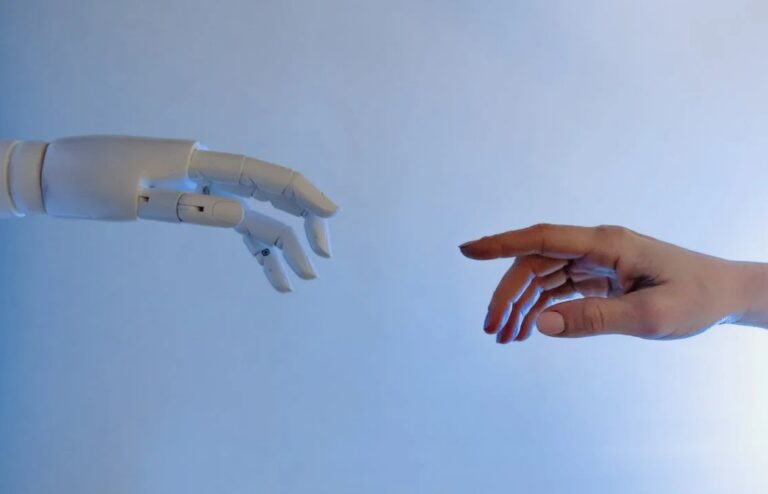Artificial Intelligence is beginning to change our lives, palpably. All sectors, to varying degrees, are and will be increasingly overwhelmed by it. How much this great revolution will impact positively or negatively on our work will depend, essentially, on us.
Even the marketing market is not immune to the ‘contagion’. And, will be increasingly affected by this extraordinary digital transformation, with leading brands already beginning to embrace the opportunities offered by the new technology.
Marketers collect and analyse data on the behaviour of their customers and competitors. In effect, they extrapolate patterns and predict which products and services will be most appreciated by a given audience. From this data, marketers identify channels to reach their target customers. And they will continue to do so. What changes now is how they will do it.
Table of Contents
Artificial intelligence applied to marketing: what benefits
One of the main advantages of Artificial Intelligence applied to marketing is and will be precisely the possibility of gaining a better understanding of the user experience of one’s customers.
Artificial Intelligence offers marketers a decisive advantage in this quest. This rapidly evolving digital technology can in fact analyse more data more accurately than humans can. AI, as well as its sub-sectors such as Machine Learning, are therefore able to identify existing behavioural patterns and predict future behaviour.
Marketers and the brands they represent will benefit from better targeting of specific audience segments with customised messages. As a result, conversions will increase and advertising will be enormously more effective. Another advantage is that, to do all this, no further human intervention is necessary. The algorithm learns without further input, simply by analysing the results and repeating its approach.
The strength of AI models is that they can not only calculate data on user behaviour, site analysis and demographic information. But also imagine trends and patterns before humans can. Marketers can then use this information to make their content more relevant, increasing the likelihood of user engagement. In addition, algorithms can optimise ad placement and offer pricing.
Read also: How does artificial intelligence learn?
How much is the AI market worth in marketing
But what market are we talking about? In 2020, the market for AI-related technologies in marketing is at just over USD 12 billion, or around EUR 11 billion. An impressive figure, which is, however, a far cry from the global AI market, which has been estimated at over $325 billion in 2021 (about EUR 298 billion).
However, according to experts, the current market size does not reveal the true potential of AI applied to marketing. The global market for AI in marketing will grow to more than $126 billion by 2025 (just over €115 billion).
After ChatGPT and OpenAI, AI will help marketers increasingly consolidate automation tools and become a necessity for any marketing strategy. To give a number, in 2016 chatbot tools (i.e. software designed to simulate a conversation with a human being) had a market size of more than $190 million (€174 million). They are going to reach about $1.25 billion in 2025, or about €1.14 billion.
According to experts, the artificial intelligence market in marketing will exceed $35 billion as early as 2024 (€32 billion), almost tripling in just 4 years. Another 4 years later, i.e. in 2028, insiders believe that this area of the marketing industry will further triple. Analysts predict that marketers will be using Artificial Intelligence to the value of almost $108 million by the end of this decade, which equates to around €99 million.
Clearly, all this translates into enormous potential for programme-based advertising. A recent survey found that 50 per cent of marketers cited more targeted advertising as one of the main benefits of integrating AI and Machine Learning into their approach.
And thus, more effective campaigns, i.e. more profits. 3 out of 4 companies already using AI have seen a 10% increase in sales of their new products and services.
Read also: When music meets artificial intelligence: 5 tools for musicians and composers












